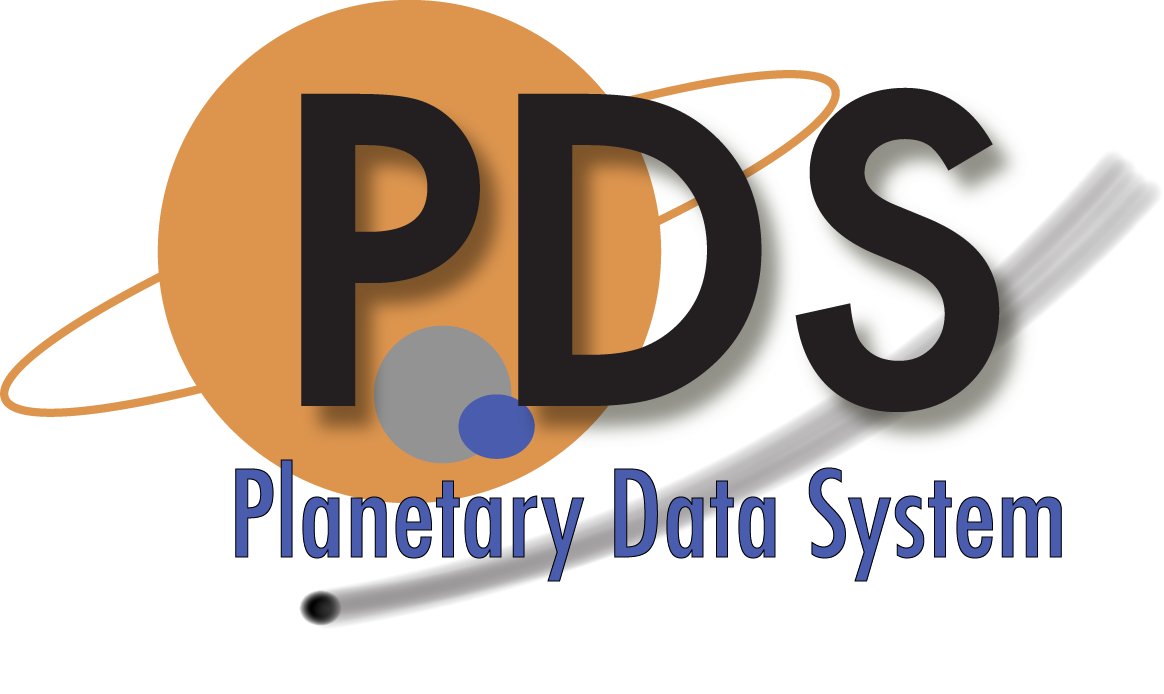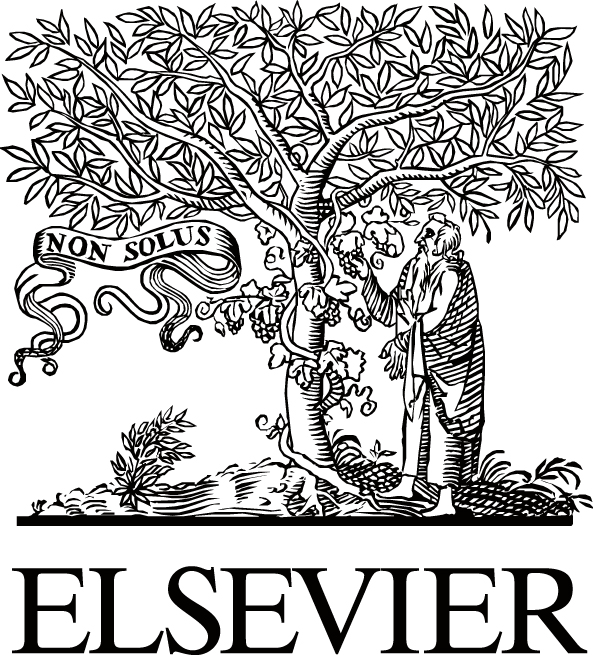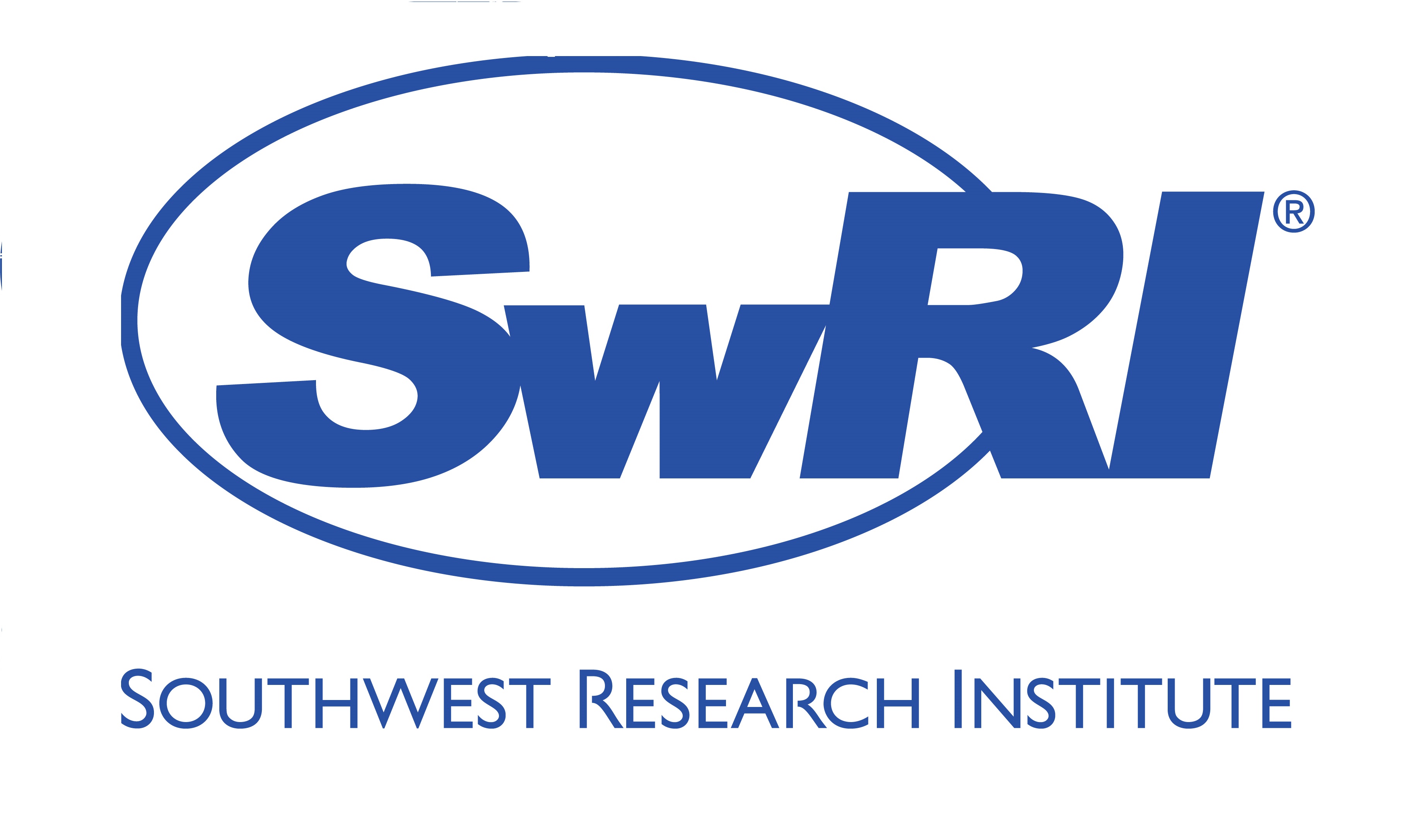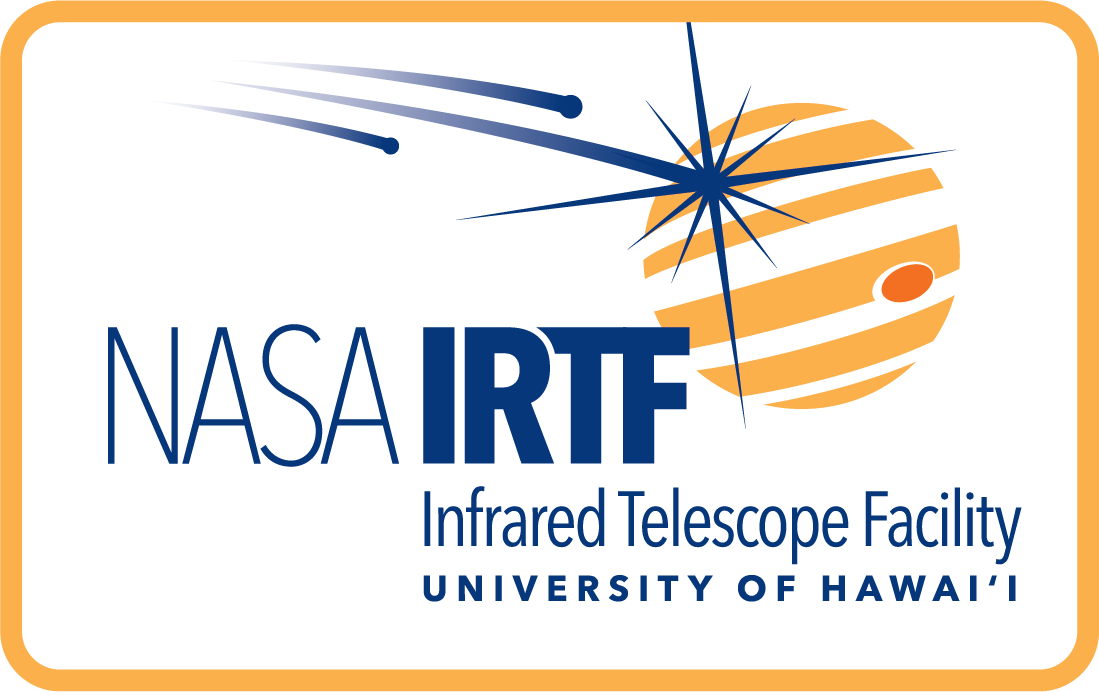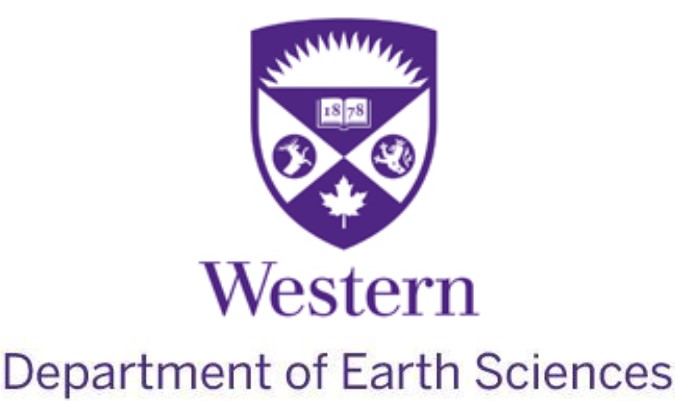54th DPS Meeting
Program
Astromaterials Session
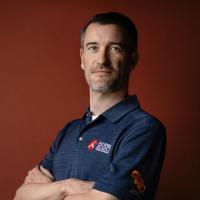
Chris Herd
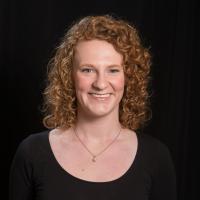
Michelle Thompson
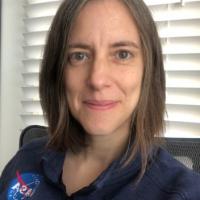
Juliane Gross
Chris Herd is a professor in the Department of Earth and Atmospheric Sciences at the University of Alberta and an expert in astromaterials curation, handling, and analysis. He is the curator of the university’s meteorite collection — a collection of over 2,000 specimens that includes frozen samples of the unique Tagish Lake meteorite. As a Returned Sample Science Participating Scientist on the NASA Mars 2020 Perseverance Rover mission, he is actively involved in collecting samples of Mars for future return to Earth.
Michelle Thompson is an Assistant Professor in the Department of Earth, Atmospheric, and Planetary Sciences at Purdue University. She completed her undergraduate degrees in Geological Engineering and Biology at Queen’s University in Ontario, Canada. She received her PhD in Planetary Sciences from the Lunar and Planetary Laboratory at the University of Arizona before completing a NASA Postdoctoral Fellowship at Johnson Space Center. Professor Thompson studies the alteration of airless surfaces across the solar system through the analysis of returned samples and laboratory experiments. She is a science team member on the JAXA Hayabusa2 mission and the NASA OSIRIS-REx mission.
Juliane Gross is an associate professor for planetary sciences at Rutgers University, NJ, and currently the Deputy Apollo sample Curator at NASA Johnson Space Center in Houston, TX. Her research focuses on investigating the formation and evolution of differentiated planetary bodies as well as understanding early solar system processes. She studies in detail the mineralogy, petrology, and geochemistry of planetary samples to place small scale sample observations into planetary scale processes. In her role as Deputy Apollo Sample Curator, she helps to protect, preserve, and distribute samples from the Moon for current and future scientific studies of solar system exploration and history. She is also leading the efforts of the Preliminary Examination of the Apollo Next Generation Sample Analysis Program samples.
Special Lectures
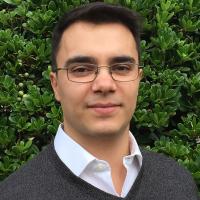
Juan Lora
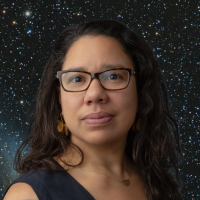
Martha S. Gilmore
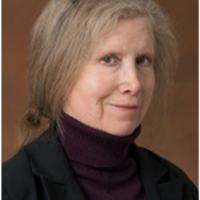
Bonnie Buratti
Juan M. Lora is an assistant professor in the Department of Earth and Planetary Sciences at Yale University, where he investigates planetary climates with a particular focus on hydrologic cycles such as those of Earth and Titan. He is a co-investigator on Dragonfly and associate editor for Icarus. Prior to joining the Yale faculty, he was a postdoctoral scholar at the University of California, Los Angeles. He received his PhD from the Department of Planetary Sciences at the University of Arizona and his BS in astronomy from the University of Southern California.
Martha S. Gilmore is a world expert on the geology of Venus. She is a science team member on two active Venus missions, is an author on 56 papers, and has been awarded over $3M in external funding. She is currently Co-Chair of the of the Committee on Astrobiology and Planetary Sciences and as served NASA as a member of the Planetary Science Decadal Survey. She is a recipient of the Geological Society of America Bromery Award. Dr. Gilmore earned a PhD in Geological Sciences from Brown University and took a postdoc at the Jet Propulsion Laboratory prior to her arrival at Wesleyan in 2000.
Bonnie Buratti received an MS in Earth and Planetary Sciences from MIT and a doctorate in Astronomy from Cornell. She has been at the Jet Propulsion Laboratory ever since, serving on NASA Missions including Voyager, Cassini, Rosetta, and Europa Clipper. Her main research interests are volatile transport in the outer solar system, the composition and provenance of low-albedo material on icy moons and small bodies, and using photometric techniques to reveal hidden details of planetary surfaces. She is a Carl Sagan Medalist and served as DPS Chair. She is an AGU Fellow, and the author of “Worlds Fantastic, Worlds Familiar”.
Bold Ideas Session
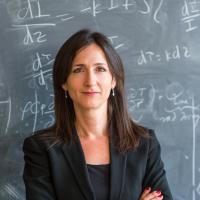
Sara Seager
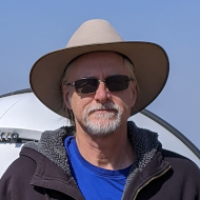
Marc Buie
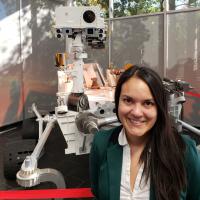
Laura Rodriguez
Sara Seager, from the Massachusetts Institute of Technology, has been a pioneer in the search for and characterization of exoplanets. Her research ranges from the detection of exoplanet atmospheres to innovative theories about life on other worlds to development of novel space mission concepts. She was the Deputy Science Director of the MIT-led NASA Explorer-class mission TESS; PI of the JPL-MIT CubeSat ASTERIA; and a lead of the Starshade Mission concepts. She now focuses on missions to Venus. Among other accolades, Professor Seager’s research earned her a MacArthur Fellowship, the Royal Canadian Geographical Society Gold Medal, and an appointment as an Officer of the Order of Canada.
Marc Buie is a graduate of the Lunar and Planetary Laboratory at the University of Arizona in 1984. Dr. Buie was a post-doctoral fellow at the University of Hawaii, then worked at the Space Telescope Science Institute, moved to Lowell Observatory, and now works at the Southwest Research Institute in Boulder, CO. Pluto was a central theme of Buie's research starting in graduate school, culminating in the New Horizons flyby. He discovered the extended mission target, Arrokoth, and led successful occultation campaigns that showed Arrokoth was a contact binary prior to the New Horizons flyby.
Laura Rodriguez is a postdoctoral fellow at the Jet Propulsion Laboratory and soon-to-be staff scientist at the Lunar and Planetary Institute. She is a Mars Science Laboratory participating scientist, a Mars Sample Return Campaign Science Group member, and science co-lead of the Enceladus Vent Explorer mission concept. Laura is investigating the origins of genetic precursors and developing strategies to deconvolute organic-mineral trends in planetary samples and laboratory mixtures. Laura received a dual-title PhD in Astrobiology and Geosciences from Penn State, a BS in Geochemistry from Rice University, the Ford Predoctoral Fellowship, Alfred P. Sloan Graduate Scholarship, and NASA Astrobiology Early Career Collaboration Award.
Looking Forward/Looking Back Session
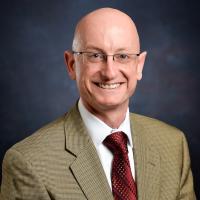
Eric P. Smith
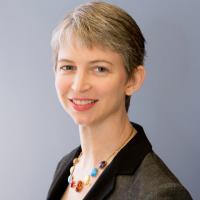
Emily Lakdawalla
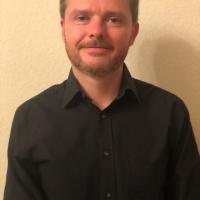
Richard Cartwright
Eric Smith holds a BA in Physics and Astronomy from the University of Virginia and a MA and PhD in Astronomy from the University of Maryland, College Park. He is the Program Scientist for the James Webb Space Telescope Program at NASA Headquarters, Washington, DC. He also serves as the Astrophysics Division Chief Scientist. Previously, Smith also served as the Hubble Program Scientist. Before coming to NASA Headquarters he worked at the Goddard Space Flight Center on the science team for the Space-Shuttle-borne Ultraviolet Imaging Telescope, and on the data archiving and distribution system for Hubble.
Emily Lakdawalla is a freelance science communicator, space artist, and author. Her first book, The Design and Engineering of Curiosity, was published by Springer-Praxis in 2018. She holds a BA in geology from Amherst College and an MS in planetary geology from Brown University. In recognition of her service to broader understanding of planetary science, the DPS awarded her the Jonathan Eberhart Planetary Sciences Journalism Award in 2011 and The Open University granted her an honorary doctorate in 2017. She has been a member of the Planetary Data System Ring-Moon Systems Node Advisory Council (RNAC) since 2015; a member of the Board of OpenPlanetary since its founding in 2018; and was co-chair of the NASA Planetary Data Ecosystem Independent Review Board in 2020.
Richard Cartwright is a solar system astronomer and planetary scientist who uses data collected by telescopes and spacecraft to investigate the processes modifying icy satellites. Much of his research focuses on understanding the surface environments of Uranus’s five largest satellites, in particular, the possible compositional and geologic links between their interiors and surfaces. He is also investigating how charged particle weathering and dust collisions modify the surface compositions of these moons. He is leading the analysis of recent JWST and Hubble observations of the Uranian satellites.
Workforce Session
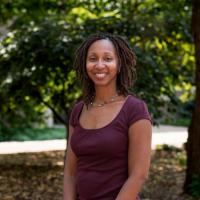
Adia Harvey Wingfield
Adia Harvey Wingfield is the Mary Tileston Hemenway Professor of Arts & Sciences, co-director of the Public Scholarship Initiative, and Vice Dean for Faculty Development and Diversity at Washington University in St. Louis. Her research examines how and why racial and gender inequality persists in professional occupations. She is the author of multiple award-winning articles and books, most recently Flatlining: Race, Work, and Health Care in the New Economy. She writes regularly for mainstream outlets including Slate, The Atlantic, Harvard Business Review, and she is a former President of Sociologists for Women in Society and the Southern Sociological Society.
DPS-NSBP Talk
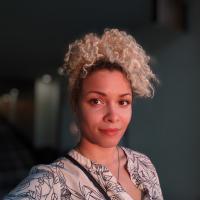
Jasmine Bayron
Jasmine Bayron, a meteorite petrologist currently affiliated with the American Museum of Natural History, will be presenting in the Meteoroids and Meteors session at the DPS 2022 meeting, on “The Solar System Family Tree: Simulations of Icy Chondritic Parent Body Interiors,” on Wednesday, 5 October. Dr. Bayron was selected as the first awardee within the DPS-NSBP Speaker program, based on her presentation at the National Society of Black Physicists (NSBP) 2021 meeting on “Moapa Valley (CM1): The Black Box of the CM Parent Asteroid.” To see Dr. Bayron’s full DPS 2022 abstract, please see https://dps.aas.org/nsbp-partnership/2021-speaker or search within the full DPS meeting program at https://aas.org/meetings/dps54/program. To learn more about the DPS-NSBP partnership, please see https://dps.aas.org/leadership/nsbp_parnership.


